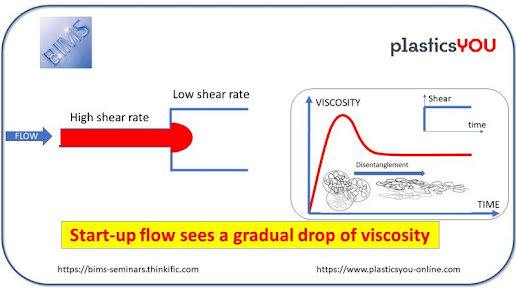Ticona's Ultra-High Heat Vectra® LCP Helps JST Corp. Solve Weld-Line, Cracking Issues in SD Connectors
"With technical assistance from Ticona, JST was able to switch to Vectra S135 and start molding thin-wall parts with excellent process consistency and good surface appearance," said Miguel Padilla, JST Molding Supervisor at JST in Waukegan, Ill. "Now we have the extended operating temperature and flowability that allows us to consistently fill these complex geometries while, at the same time, maintaining tight tolerances and avoiding assembly process issues."
When molding with a 10 percent glass, 30 percent mineral reinforced LCP resin with a distortion temperature under load (DTUL) of 248 degrees Celsius (479 degrees Fahrenheit), JST had been experiencing weld-line issues and occasional cracks that developed during the assembly process. JST needed an engineering thermoplastic with a higher heat deflection temperature (HDT) profile that could withstand the particularly challenging dimensional considerations and withstand lead-free soldering demands of this SC connector application for handhelds such as bar code scanners.
JST turned to Ticona for material and processing technical assistance. During molding trials, Ticona demonstrated that JST could make the successful material switch to Vectra S135 and eliminate intermittent fill and bowing issues its molder was experiencing with SD connector parts molded with the other commercially available LCP.
"Ticona designed Vectra S135 to meet the needs of customers like JST ultra-high heat resistance, thinner walls and faster cycle time," said Edward Hallahan, Technical Marketing Manager Ticona High Performance Polymers. "By switching to Vectra S135, JST also was able to optimize their molding process to reduce cycle times by 4 seconds."
As a member of the high-temperature Vectra S series family, Vectra S135 significantly extends the possible processing window with a melting point of 350 degrees Celsius (662 degrees Fahrenheit). It is a 35 percent glass fiber reinforced LCP with very low outgassing and high stiffness designed for use in demanding connector and surface-mount applications, especially those that must meet Restriction of Hazardous Substances Directive (RoHS). A unique polymer structure allows S135 to achieve a high DTUL, and process stably at temperatures significantly lower than other high-DTUL LCPs. It offers:
- A DTUL of 335 degrees Celsius (635 degrees Fahrenheit)
- Improved weld-line strength
- Reduced viscosity, which allows it to fill walls as thin as 0.2 mm (0.008 in)
Vectra LCP is widely used by customers to make eco-friendly connectors, bobbins, switches and relays that meet RoHS and European Waste Electrical and Electronic Equipment (WEEE) directives. In addition, customers and original equipment manufacturers are striving to accelerate the production of green and safe products.


Comments
Post a Comment